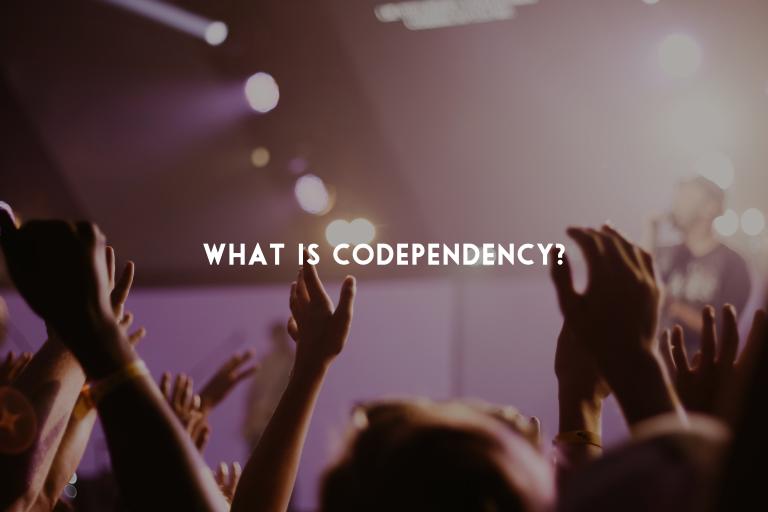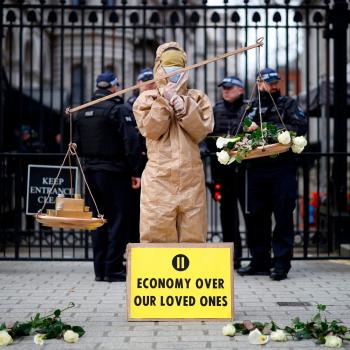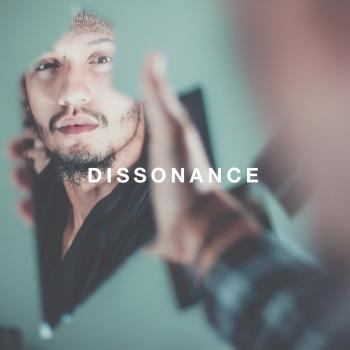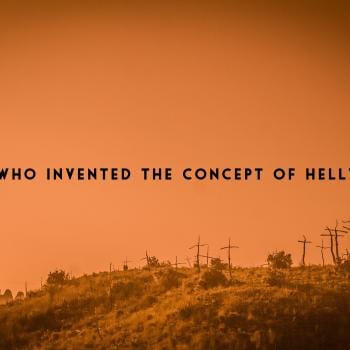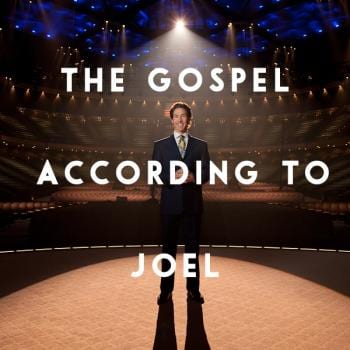Over the years, we’ve heard this term “codependency” thrown about; almost aimlessly and carelessly. For me, it’s been frustrating in finding a definition of what codependency is. It felt like no one actually understood the concept yet, freely used it in various situations as if it took on an amorphous definition.
Finally, it was brought back onto my radar a few years ago when I’d interviewed Donald Miller on his book “Scary Close.”
Many times what threw me off was the constant defining hallmark of addiction and/or correlation to drug abuse. Not to say that it could never become a problem for me, it just hasn’t been an issue within my life (drug or alcohol addiction, that is…). Although, a valid argument is an addiction to relationships, validation or attachment.
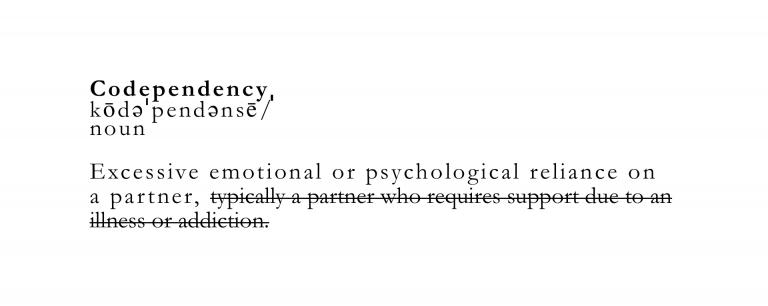
If you’ve watched a Disney movie, codependency is the defining factor of most of their characters romantic relationships.
Some adults who did not feel safe or attached to their parents as children may have an ongoing struggle with insecurity in their relationships. They may feel unwanted, uncertain of their attachment to others, worried about possible rejection, or afraid they will lose someone they love. When they find themselves with a partner who is abandoning or inconsistent (for whatever reason), they respond and behave in a fearful way. They may become hyper-vigilant, dwelling on the problems of the people they love, or angry, isolated, jealous, possessive, or obsessed with trying to change or help their partner or child. In the process, they begin to lose their way and find themselves hurting and alone. Since the late 1970’s, this was called codependency.
And, Why Does This Even Matter?
Outside of the emotional to physically abusive tendencies that can partner with issues of codependency this also is wrongfully used spiritually…
This matters because of books or devotionals, such as the aforementioned devotional by François Fénelon, they read more like manipulative rhetorical propaganda disguised as theology. It takes a trained eye to be able to pinpoint.
And, in my opinion, pinpointing this and differentiating the Word of God from the word of man is of the utmost importance in the pursuit of a relationship with the “divine.” As I’ve said many times before, quoting A.W. Tozer, “What comes into our minds when we think about God is the most important thing about us.”
And, it’s not just Fénelon… many forms of theology, in my opinion, are fallible simple because of their ties to codependency.
To make more sense of this here are “Three Ways Theology Encourages an Unhealthy Codependency with God…”

